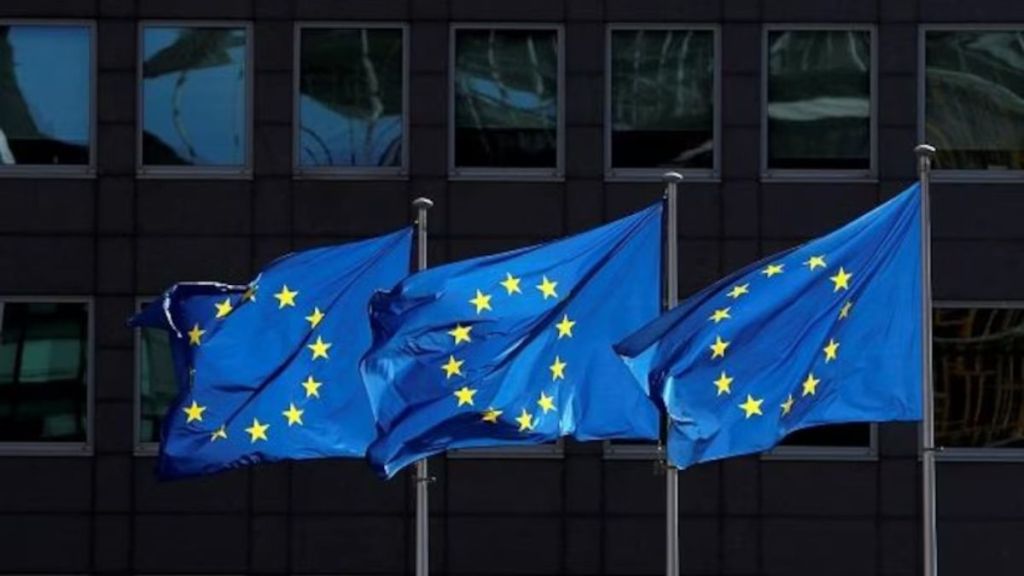The European Union’s enlargement policy from 2013 to 2022 faced significant challenges, lacking both effectiveness and an active drive for expansion. However, the landscape shifted dramatically when Russia invaded Ukraine, altering the balance of costs and benefits in favour of potential new members and providing the EU with a geopolitical motivation to reignite the enlargement process.
While enlargement serves as a crucial geopolitical strategy, it must also incorporate successful state-building efforts in neighbouring regions. Furthermore, it is intricately tied to the internal development of the EU itself. A new study by the Finnish Institute of International Affairs (FIIA) emphasizes that enlargement is not merely a geopolitical strategy; it necessitates sustainable reforms in both candidate countries and within the EU.
Anticipating the EU Commission’s forthcoming enlargement package, which is expected to initiate accession talks with Ukraine and Moldova in December, author Tyyne Karjalainen, a Research Fellow at FIIA, emphasizes the need for balance. The EU must address the time pressure imposed by geopolitics while not neglecting the time-consuming task of building a cohesive member state. This balancing act is essential to integrating applicant countries susceptible to Russian aggression while supporting necessary reforms.
Published on a Tuesday, the study accurately divides the EU’s current enlargement policy across three dimensions: geopolitics, state-building, and internal development. It also outlines three potential scenarios for the next decade.
In the first scenario, if the EU maintains its past ten years’ enlargement policy, the enthusiasm of Eastern neighbours to join the Union may diminish. This could result in increased Russian influence in the region and cooperation with an unstable and undemocratic neighbourhood.
The second scenario involves hasty enlargement without adequate reforms, potentially leading to decision-making stagnation within the EU and a loss of relevance, possibly pushing members towards smaller or ad hoc cooperation groups.
The third, and most favourable scenario, underscores the need for the EU to prepare for state-building challenges in candidate countries and render the accession process more supportive and sustainable.
The study concludes by stressing the urgency of replacing the ineffective 2013–2022 enlargement policy with a more efficient model. This new approach should encourage candidate countries to genuinely commit to democratic development. Simultaneously, reforms and compromises must be made within the EU to address the deepening versus widening dilemma. Additionally, the EU should enhance its focus on the security needs of applicant countries during the accession process.
In summary, the EU faces a critical juncture in its enlargement policy, necessitating a more effective and balanced approach that aligns with its foreign policy objectives, fosters democratic development, and strengthens both the EU and its potential member states.


